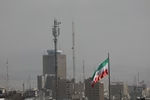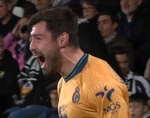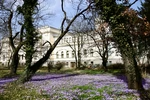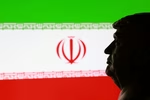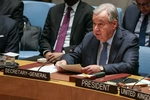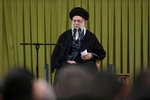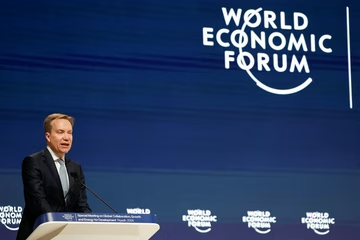
The request for the Bosnian Serb Parliament to annul the 2004 Srebrenica report that came from the President of the Bosnian Serb part of the country, is nothing new and could have been expected, Almir Terzic, political analyst and editor of the Anadolu Agency news portal in Bosnia, told N1.
The President of Bosnia’s Serb-dominated half of the country, Republika Srpska (RS), on Tuesday claimed the report the RS government adopted 14 years ago was biased as he argued his request in front of the RS Parliament.
The move sparked condemnation from predominantly Bosniak politicians and the European Union.
But the RS move was "completely expected," Terzic said.
Dodik and his party, the Alliance of Independent Social Democrats (SNSD) have also initiated the 2016 unconstitutional referendum in the entity on the 'Day of Republika Srpska', the marking of the day when the RS was formed on January 9, which is not celebrated in the other entity, the Federation (FBiH), Terzic reminded.
Terzic said that Dodik’s initiative resembles that one and that both came just ahead of an election.
"Every election we have something new served to us," he said.
"To me, the weakness of the opposition in Republika Srpska was worse than that," the analyst said, explaining that the opposite "unequivocally" helped the RS President win a new mandate and form a new parliamentary majority.
"I think that they are on a good path to help him stay in power in Republika Srpska again. I think the opposition does not know how to do their job," he stressed.
He also said he was surprised by the statements coming from one of the RS opposition leaders, Dragan Cavic, who was RS President when the report was adopted and who condemned the crimes in Srebrenica that were listed in the report.
"The Government in place in the RS at the time took over responsibility in the sense that they would carry the burden of what has been done and that they would launch criminal procedures. None of that happened," Terzic said.
What happened in Srebrenica was determined by international verdicts and nothing can change this, he said.
Yet in Bosnia this is still a subject open for discussion and the public is exposed to that discussion every day, he added.
"It’s a constant return to the past, as if we were living in 1994 and 1995," Terzic argued, comparing the society of former Yugoslavia 23 years after WWII with the one in the Balkans today 23 years after the 1992-1995 war.
As opposed to that war, in this one, who is to blame and for what is still up for discussion, he said.
"I think that citizens, civil society, media and everyone else involved in social media are to blame for this," he said, but added that "It has now emerged that international factors have played their part badly in regard to the democratization of society in Bosnia."
International officials thought that imposing certain laws in Bosnia would establish a system that would keep developing but "we have a situation now where all laws that were passed and in Bosnia are being deconstructed," he said.
Terzic is of the opinion that the "civil sector in Bosnia has completely failed," that their representatives have "become political actors" and that the credibility of such NGO’s has disappeared.
There is too much of Milorad Dodik in local media, Terzic stated.
"I also think that there are too many bad news in Bosnia, although there are positive ones that cannot be brough to attention due to the daily activities of politicians," he said. "More specifically, because of the statements of Bosnian politicians. They have no activities, unfortunately," he concluded.
Kakvo je tvoje mišljenje o ovome?
Učestvuj u diskusiji ili pročitaj komentare





 Srbija
Srbija
 Hrvatska
Hrvatska
 Slovenija
Slovenija












